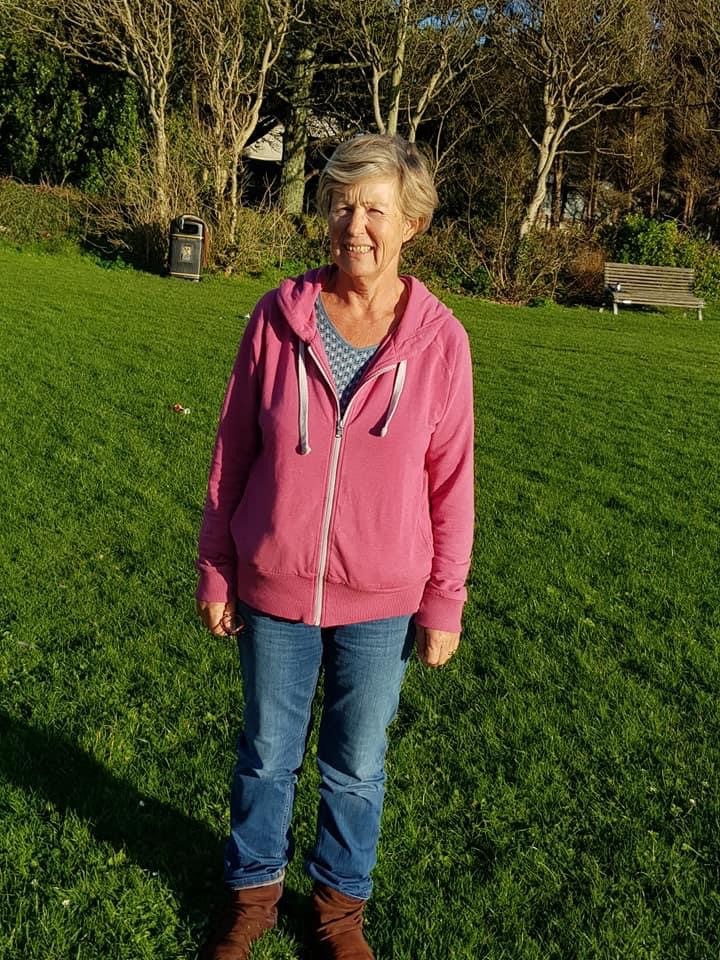Jill’s Story
SEARCH OTHER STORIES
On 12 September 2020, Jill was having her morning cup of tea at her home in St Just when she started to feel unwell. She experienced a funny feeling in her chest and felt sick.
“I remember thinking at the time it can’t be anything to do with my heart, I was the healthiest I’d ever been and wouldn’t be considered in the risk category for a heart attack,” said Jill.“ But I had a crushing pain from the front to back, so I called the nurse.”
After hearing Jill’s symptoms, she called an ambulance. Paramedics performed an electrocardiogram (ECG) which is used to check the heart’s rhythm and electrical activity. The result’s presented like Jill was having a heart attack.
“I heard them call for the air ambulance, that’s when I knew something must be wrong. When you’re fit and healthy, you don’t expect to wake up on a Saturday morning and need the air ambulance; it was very surreal. I never felt scared at any point. There is something about the air ambulance crew that makes you feel very calm, I was treated very well.”
Critical care paramedics Kris and Lisa landed at the playing field in St Just. They transferred Jill into the helicopter to airlift her to Royal Cornwall Hospital, a journey of just 14 minutes by air.
Kris said: “When we got to scene it was clear that Jill was seriously unwell and needed to be in hospital quickly. Thanks to the work of our colleagues from the land ambulance, Jill was ready to be transported when we arrived. The speed of the aircraft and the ability to avoid all the traffic at what was a busy time of year on the roads meant we were able to get Jill into the specialist cardiac surgical at under 30 minutes of our arrival at St Just, saving valuable time for her to get the treatment she needed.”
Jill was taken straight into the cath lab, where further tests showed she had Spontaneous Coronary Artery Dissection (SCAD). This rare condition happens when layers in the artery tear and partially or completely block blood flow to the heart, which typically presents as a heart attack. Jill was given medication and spend three days in hospital.
Jill added: “I didn’t realise at all how serious it was. I could have died, but I didn’t thanks to the quick response of everyone that day. I need to have further tests, but I’m well and hoping to be back sea swimming again next year.”
